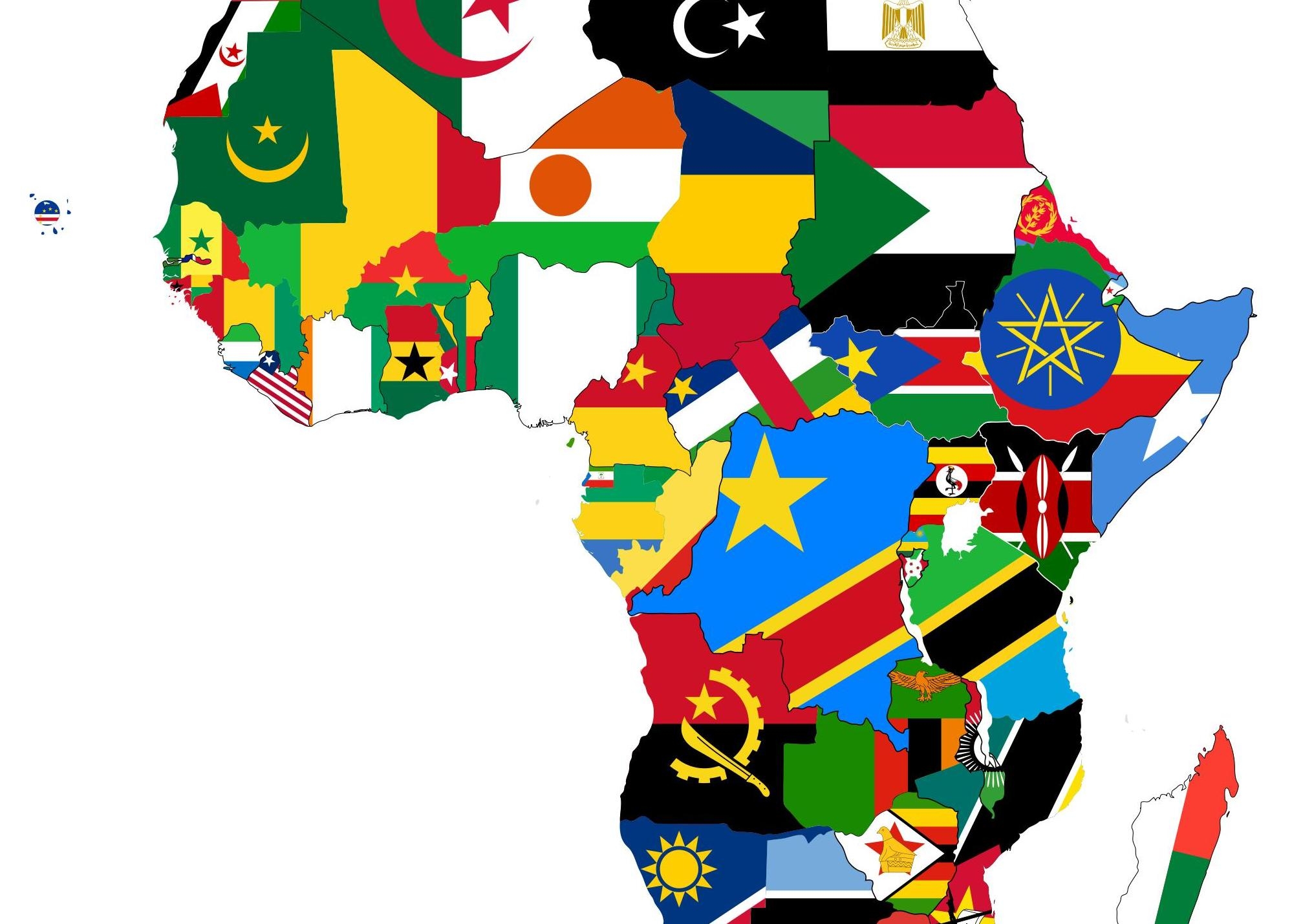
Dr. Fanwell Kenala Bokosi, Executive Director of The African Forum and Network on Debt and Development (AFRODAD) — a civil society organisation that advocates for debt cancellation, has described Africa’s rising debt as “unsustainable”.
“Accumulating debt is not the way forward, and the rate at which it is building up is unsustainable. Firstly, when you acquire debt you have to pay more than you get because it comes with interest; and secondly, debt makes it difficult for you to do the things you want,” he said.
He added that most of these financial assistances come with conditions that leave governments with limited policy space to make the most of such loans.
“Since they (creditors) want to make sure that the monies are paid, they add conditions which do not allow you (African s or institutions) to spend on the sectors that matter to you. I don’t think that debt helps in the continent’s development,” he added.
Ghana successfully issued its third Eurobond in September last year, which raised US$1billion. With a 12-year maturity period, the coupon came at 8.1percent and was used to fund capital expenditure in the 2014 budget; counterpart funding for pipeline projects; and refinancing domestic and external debt.
The country issued its first Eurobond, a 10-year bond eight years ago. The issue, which raised US$750million from investors at a coupon of 8.5 percent, made Ghana the first nation in sub-Saharan Africa after South Africa to borrow from international capital markets.
In 2013 Ghana successfully raised US$1billion from the international market in the second issue, which was heavily oversubscribed. It raised US$750million in cash and US$250million in a buy-back of the 2007 issue.
The International Monetary Fund (IMF) has repeatedly cautioned countries in Africa about the dangers of growing sovereign bond issuance, particularly in international currencies.
The warning comes as the continent enjoys a virtuous circle of strong economic growth and improved governance that many have enthusiastically called “Africa-rising”.
Sovereign bond issuance from countries such as Gabon and Rwanda helped African countries to raise a record US$11billion in 2013, up from US$6billion a year earlier. In 2000, African states raised a paltry US$1billion from capital markets.
“That is additional financing, but it is an additional vulnerability,” Ms Lagarde said.
When Zambia returned to the sovereign bond market last year, it had to pay a yield of 8.625percent for a 10-year US$1billion note — up from 5.63percent on its bond market debut in 2012.
In 2014 countries like Senegal and Côte d’Ivoire (less than five years after a government-debt default) placed bonds worth as much as US$1billion, with all the issues oversubscribed. Kenya’s record-breaking sale of US$2billion in debt was four times oversubscribed.
The continent has been deep in debt before, and is in danger of a rerun. According to the IMF, in 2009 the whole of sub-Saharan Africa raised less than US$5billion through bond issues, including both private and sovereign bonds.
By 2013 that had grown to US$14billion, and the 2014 total was US$20billion. Africa’s total debt-to-GDP ratio, which had fallen to less than 30percent by 2008 (thanks to debt forgiveness as well as booming commodity prices), remains low because GDP has been growing fast. But in some countries debt is now heading back up toward 70percent of GDP or beyond.
Ghana’s debt-to-GDP ratio currently stands at 60.8 percent. A high debt-to-GDP ratio indicates an economy that is unable to produce and sell sufficient goods and services to pay back debts — and therefore incurs further debt.
By standards of the International Monetary Fund (IMF), low-income economies whose debt-to-GDP ratio exceeds 60 percent face serious risks of falling into a deeper economic mess.
Dr. Bokosi noted that it is important for African governments to have an idea of how they will put the money to good use. “The institutions and people who give these loans are in business, so whether you are using it or not, they don’t care; as long as you are going to pay.”
He added that since most of these African countries rely on exports of certain commodities whose prices are not forecast-able or stable over time, African government should not borrow when they are not too sure about what to do and how to go about it.
But the trend doesn’t look likely to slow down this year either. Ivory Coast began a round of talks earlier this year with potential creditors in the hope of securing further credit, just seven months after borrowing US$750million.
The West African country is not alone: Angola, which has approached banks including Goldman Sachs for loans, is in talks to issue its first sale of international currency debt. Investors say Tanzania, Uganda, Rwanda and Nigeria are all set to follow.
According to British think-tank the Overseas Development Institute, countries in sub-Saharan Africa are threatening losses of close to US$11billion if their currencies continue to depreciate against the dollar and they are unable to repay money borrowed over the last two years.
Source: BFT


